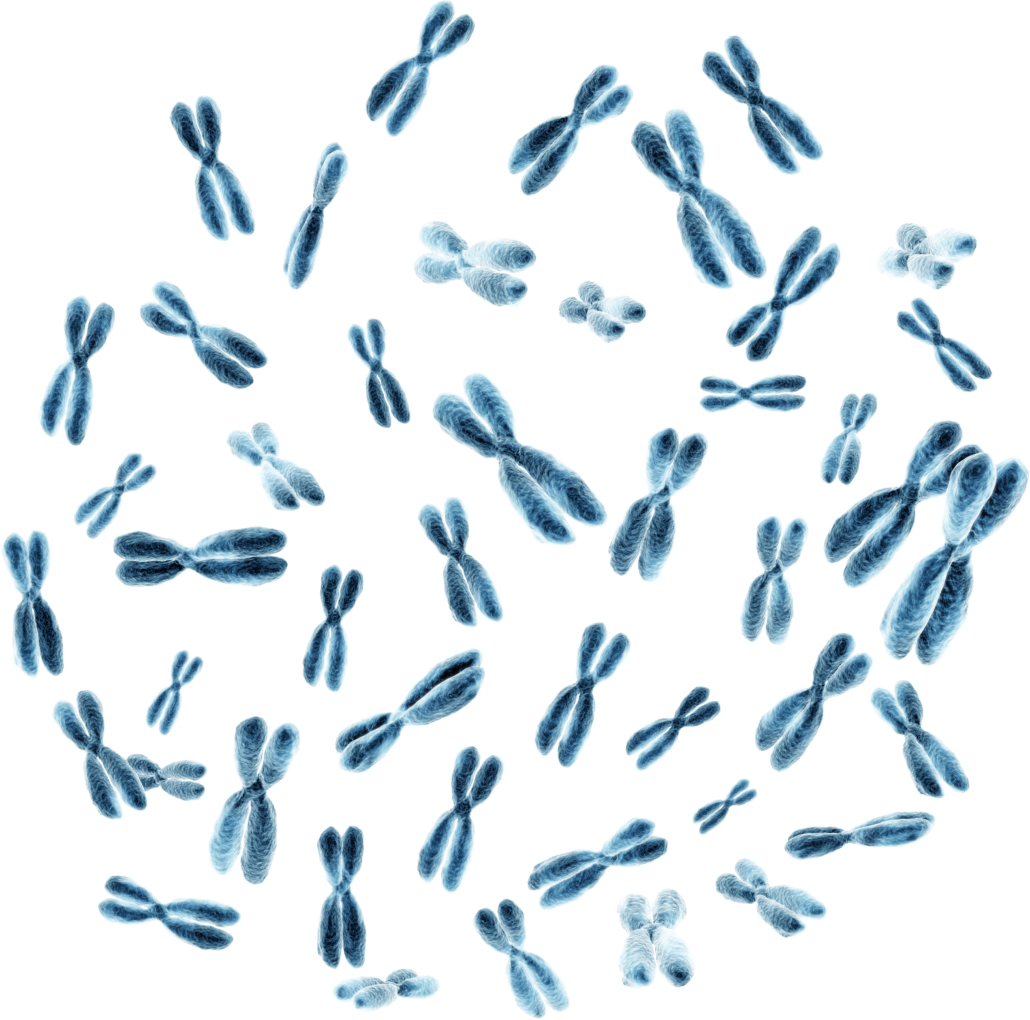Large international study uncovers genes involved in heart disease
Over the past 15 years, more than 200 sites in the human genome have been linked to risk for coronary artery disease (CAD), the leading cause of death worldwide. Still, researchers don’t fully understand how those genomic variations alter the function of proteins, cells, or tissues to cause illness — knowledge that could inform the development of new treatments.
The study, published in Nature Genetics [1], provides a more complete picture of the genetic roots of CAD, outlines a list of genes and genetic variants for future study, and demonstrates an analytical framework for identifying causal genes that can be used to enhance research on other diseases involving genome-wide association studies (GWAS).
In the study, the international CARDIoGRAMplusC4D consortium – http://www.cardiogramplusc4d.org/steering-committee/ -, involving scientists from Queen Mary University of London, compiled and analyzed DNA data from more than 1 million people of predominantly European ancestry from UK Biobank, the CARDIoGRAMplusC4D Consortium, prospective cohorts, hospital biobanks and clinical trials, including nearly 200,000 people with coronary artery disease. The researchers discovered 68 new genome regions, or loci, associated with increased risk for CAD, bringing the total to more than 250. They also developed a sweeping approach that incorporates eight diverse lines of evidence and used it to systematically pinpoint 220 candidate causal genes that underlie the associated loci. They verified the role of one of these putative causal genes through genome-editing and cell-based experiments, showing the power of their method to reveal how specific genes might be involved in development of CAD. The findings were shared openly in the Cardiovascular Disease Knowledge Portal – https://cvd.hugeamp.org/ – developed by scientists at the Broad Institute.
“This collaborative effort represents a substantial advance in the field of coronary artery disease genetics,” said Krishna Aragam, co-first author on the study. “We hope that our approach encourages groups engaged in GWAS of other traits and diseases to systematically interrogate genetic loci with several orthogonal lines of evidence, and to make resources widely available for others to query. Such studies don’t end with the publication of gene lists – rather, they pave the way for new mechanistic inquiries.” The team hopes that other researchers will use their findings to further explore the functional impacts of the likely causal genes.
The work involved nearly a hundred researchers from more than 20 countries, with collaborators from the Broad Institute of the Massachusetts Institute of Technology (MIT) and Harvard, University of Oxford, University of Michigan, University of Leicester, University of Munich, and University of Lubeck. The work was funded in part by the National Heart, Lung, and Blood Institute, National Institutes of Health, U.S. Department of Health and Human Services, National Human Genome Research Institute, American Heart Association, the UK Medical Research Council, Health Data Research UK, and the British Heart Foundation.
Reference
Aragam, K.G., Jiang, T., Goel, A. et al. Discovery and systematic characterization of risk variants and genes for coronary artery disease in over a million participants. Nat Genet 54, 1803–1815 (2022). https://doi.org/10.1038/s41588-022-01233-6


